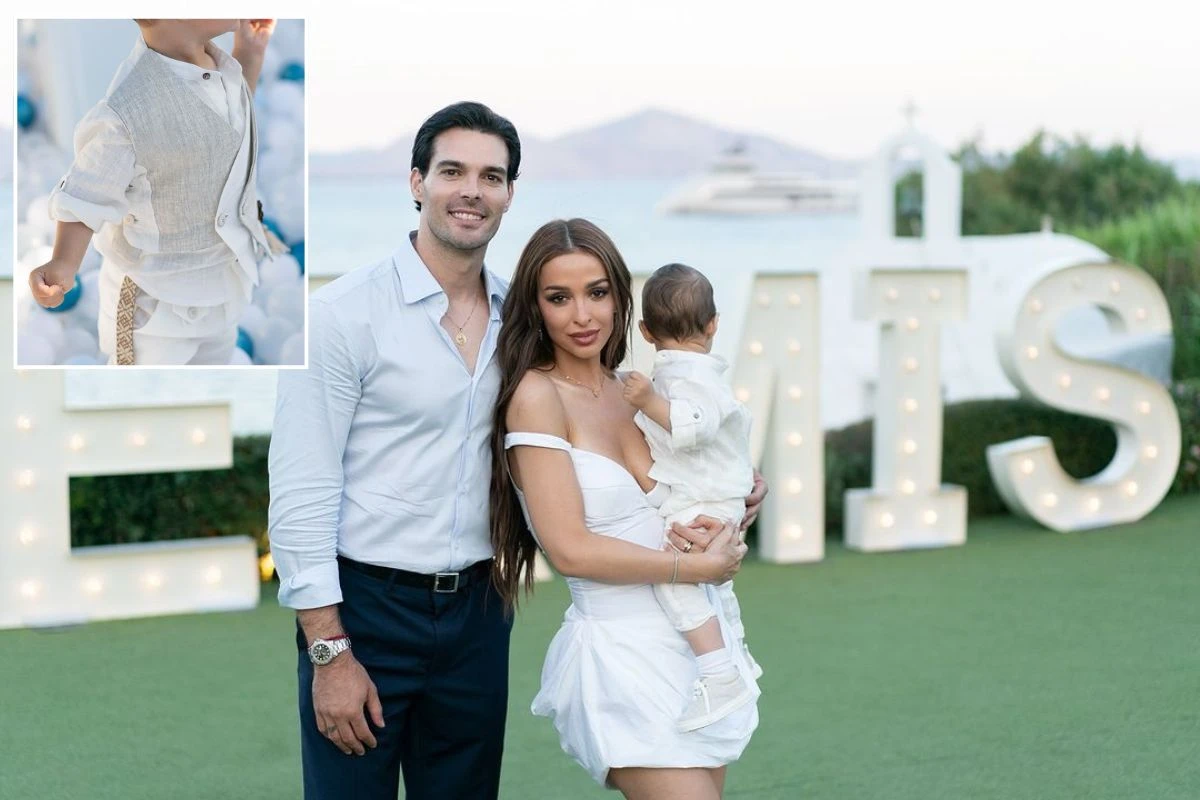During an episode of the show “Super Katerina,” Mary Synatsakis, popular Greek presenter and entrepreneur, addressed the topic of gender and its social definition in response to a question from one of her followers who asked: “Do you think it’s normal to say my child is biologically a girl?”
In a YouTube video excerpt featured on the show, Synatsakis responded by explaining her choice of referring to her daughter as a “biological girl.”
“I want to answer the question about whether you think it’s normal to say ‘My child is biologically a girl.’ It arose from the post I uploaded on Women’s Day with a photo of the little one and my conversation with Gogo Delogianni, the chef who is also my friend”, said Synatsakis.
“I want to say that it seems completely normal for me to express myself in this way because if you know me and follow me, I am a person who stands for certain things.
“I don’t preach them decoratively to the rest of the world, but now that I’ve become a mother, they won’t apply to me. They are things I believe deep in my soul,” she continued.
“The expression ‘biological girl’ seems perfectly reasonable to me, because that is the truth. She is biologically a girl,” she added.
“Gender issues come up later in life, not much later, people get such a sense from as young as 4 years old. If her social sex is different from her biological sex, who am I to say anything?
“I much more want my child to have this freedom and I don’t want to save anything and don’t worry, children are not confused by a lot of freedom and acceptance. Otherwise the problems are created, because I heard many people on Twitter making fun of it,” she concluded.
The discussion surrounding gender has gained prominence in recent years, challenging traditional notions and prompting society to examine the complexities and nuances of identity. Synatsakis’ comments sparked further reflection on the social construction of gender and the language we use to describe it.
By addressing the issue, Synatsakis encouraged dialogue and offered her perspective on the topic, contributing to the ongoing conversation about gender diversity and inclusivity. Her insights shed light on the need for respect and empathy when discussing matters related to gender identity and expression.












